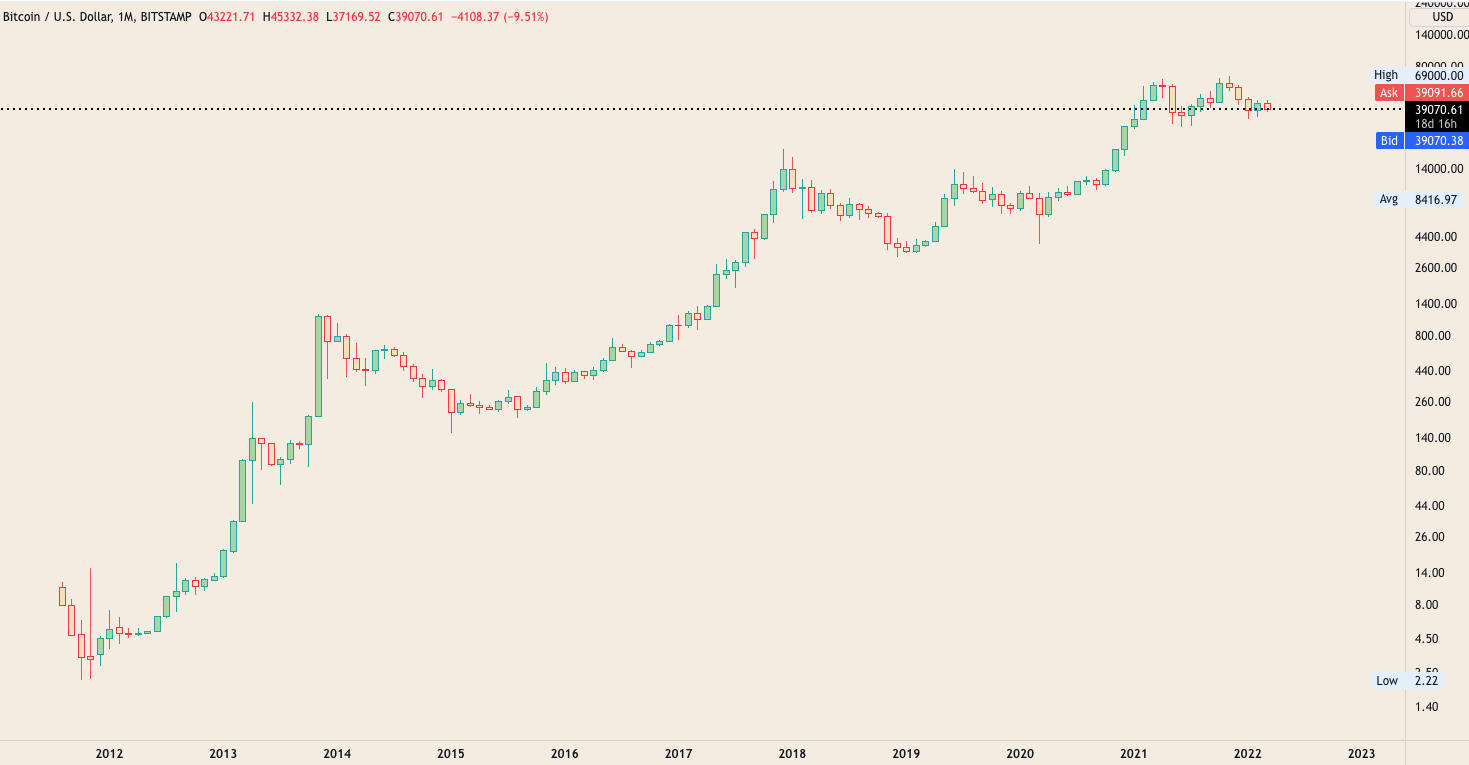No, the idea is not outdated. Fama (1970, JF) summarises the early research on stock price behaviour and defines an efficient market as follows:
A market in which prices always ''fully reflect'' available information is called ''efficient.''
This article awarded Fama the Nobel Prize in 2013. In the accompanying AER article, Fama calls the EMH ``one of the two pillars of asset pricing''.
The EMH describes how asset prices should behave in an Econ 101 world. It really only requires free entry and perfect competition. It's a model and no one, not even Eugene Fama, believes markets are 100% informationally efficient. The real question is: how close are markets to be efficient? Is it a good model?
Empirically, the EMH is extremely successful. Making money with stocks is actually not that easy and new information is incorporated quickly. The question you pose is about the alleged outperformance of a few well-known investors. John Cochrane compares this common question to asking a 100-year-old bloke about the secrets of medicine. We don't do that. We ask scientists who develop theories and test them in clinal trials, with control groups and without survivorship bias.
Testing whether fund managers can outperform the market has been done repeatedly using different methodologies, see Jensen (1968, JF), Carhart (1997, JF), or Fama and French (2010, JF). The evidence isn't looking too great for fund managers. You'll be very interested in AQR's work on Buffett's alpha. Obviously, there is a lot of research on behavioural finance, forms of mispricing in financial markets and fund manager skills, but identifying successful fund managers ex-ante remains a difficult task, just like identifying ex-ante stocks which outperform.
Regarding the S&P going up over time (if we zoom out). Yes sure. That's true. But there's a lot of risk involved. It’s called equity risk premium for a reason. The market has a Sharpe ratio of about 0.4. You are taking on a lot of risk (compared to US government bonds) when you invest in the stock market. This risk is rewarded with positive expected excess returns. But this does not imply that markets are inefficient (or that your realised returns are positive :P). Value stocks tend to have higher returns than growth stocks. Selling delta-hedged straddles tends to yield positive returns. Are these mispricings (market inefficiency) or simply rewards for risk? Probably the latter (though there is of course debate amongst academics and practitioners).
The EMH only really says traders and investors use all the available information to guide their trades. Unless they're fundamentally stupid and don't learn over time, why shouldn't they use all available information? Not believing in the EMH essentially suggests: "other people have no clue what they are doing with their money".
Long story short: The EMH is one of the key concepts in finance. It has huge empirical backing and every BSc and MSc student rightfully learns it at university. The EMH is far from dead. It isn't a perfect model, but it's pretty successful.
A few notes
- The EMH does not say that expected returns can't vary over time or cross-sectionally. It doesn't even say that there are ``no bubbles'' (whatever bubbles are). It simply says you can't predict prices without taking on more risk.
- EMH and random walk hypothesis are not the same
- EMH is about information efficiency, not economic efficiency or Pareto efficiency or anything like this.
- EMH cannot directly be tested (``joint hypothesis testing''). The EMH doesn't tell us which asset pricing model is the right one.


